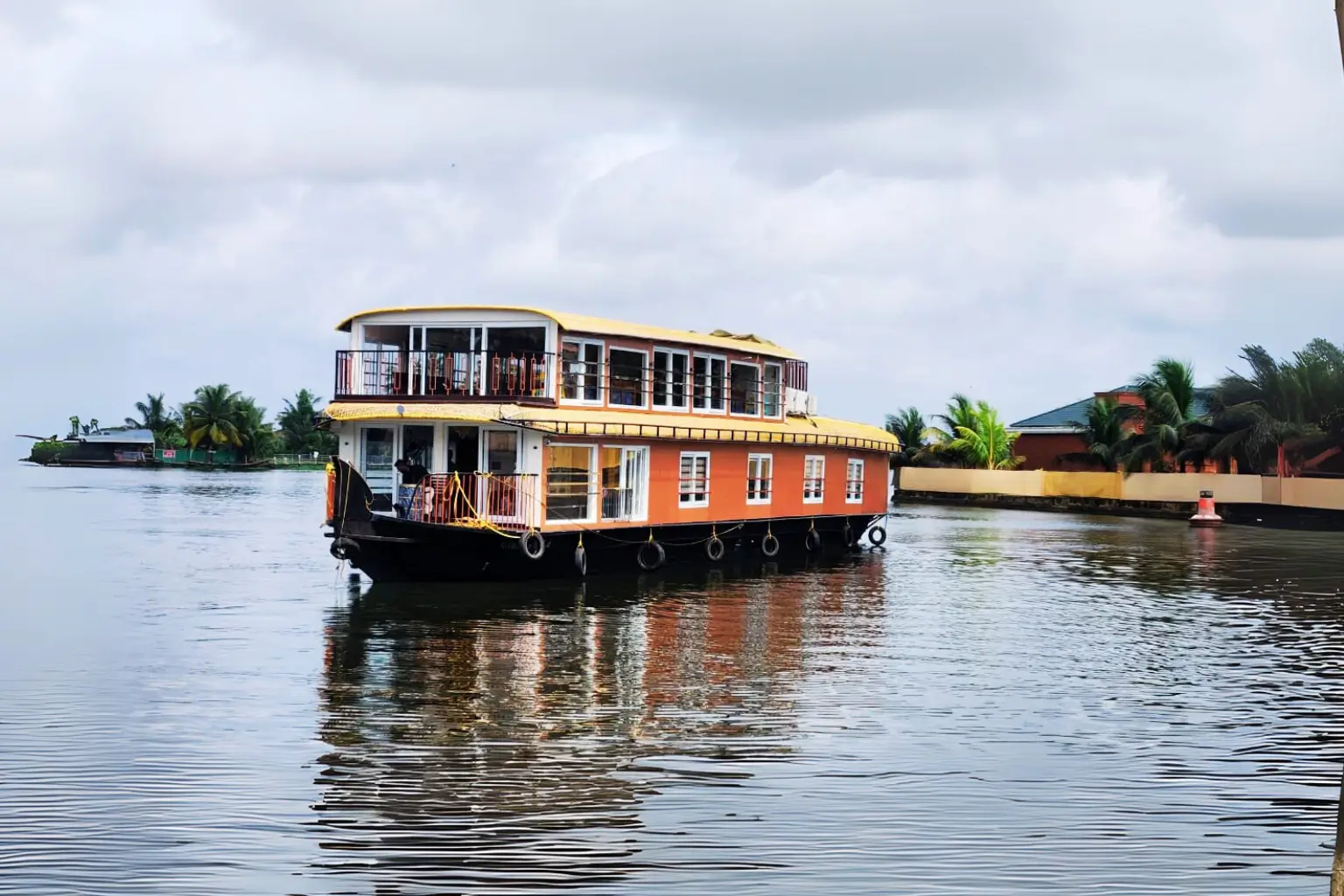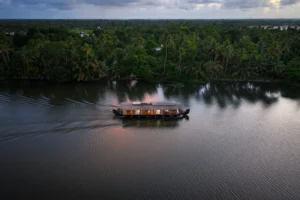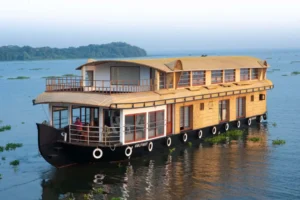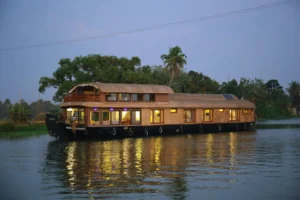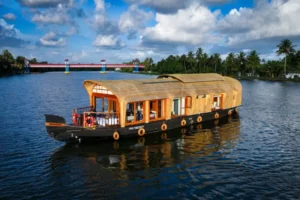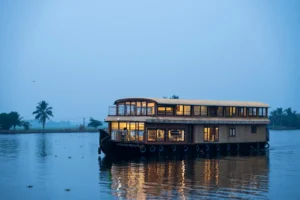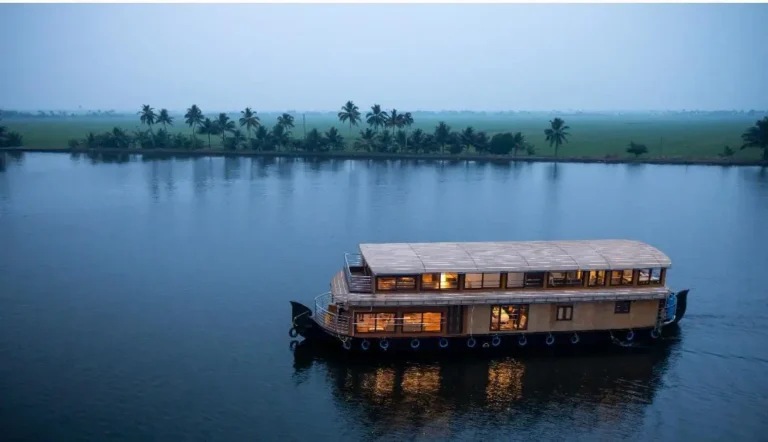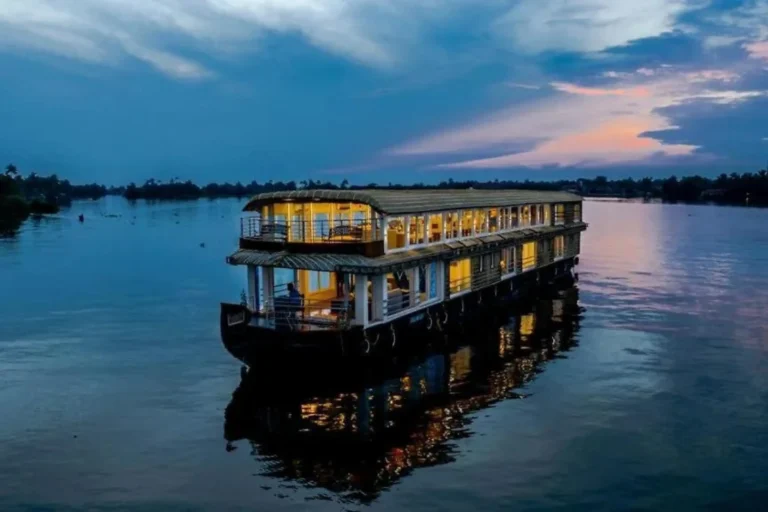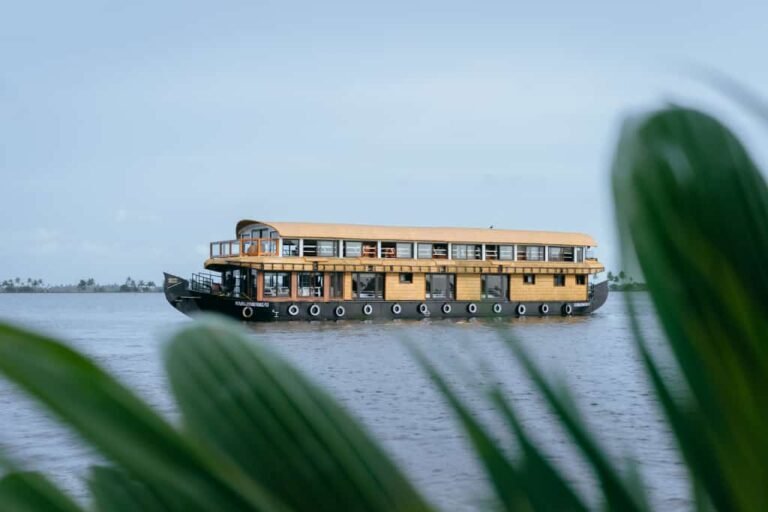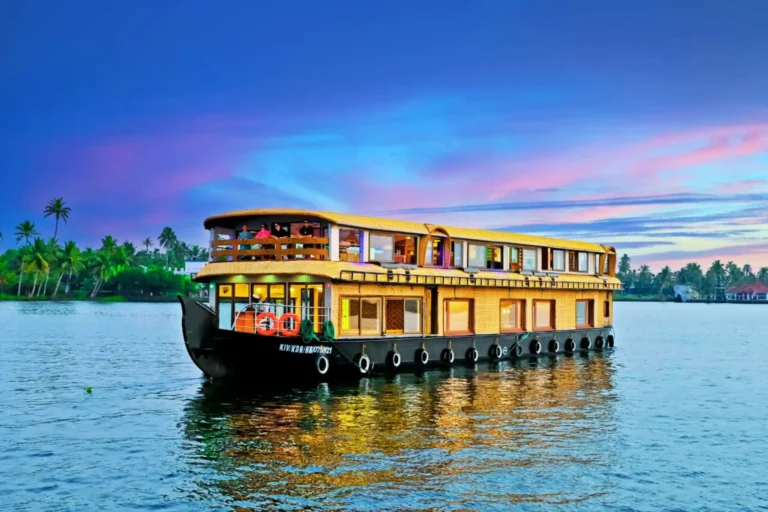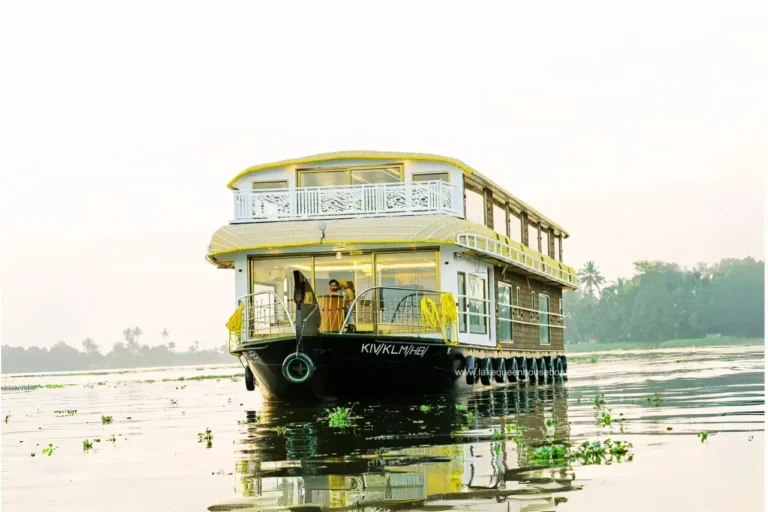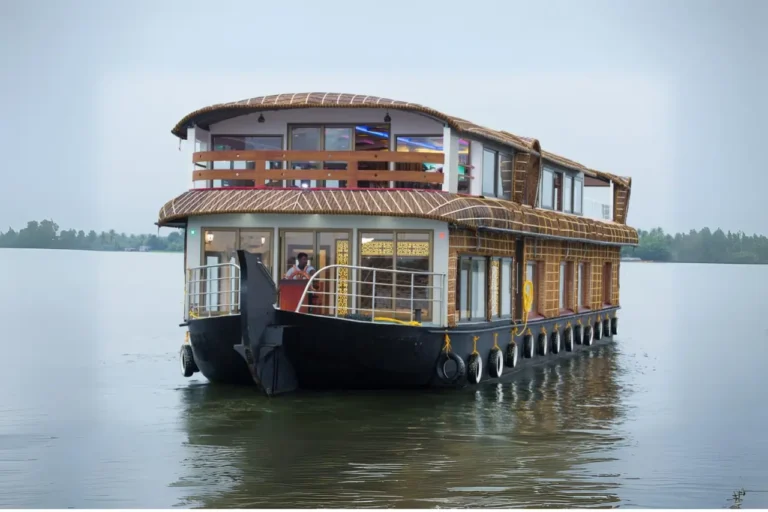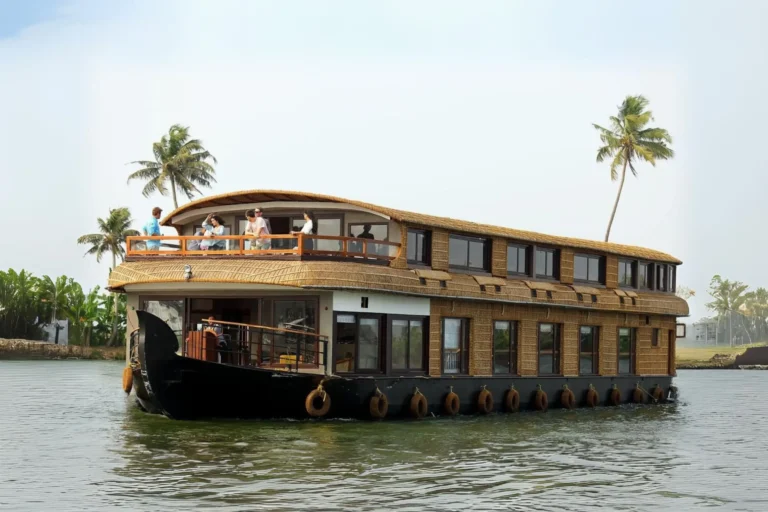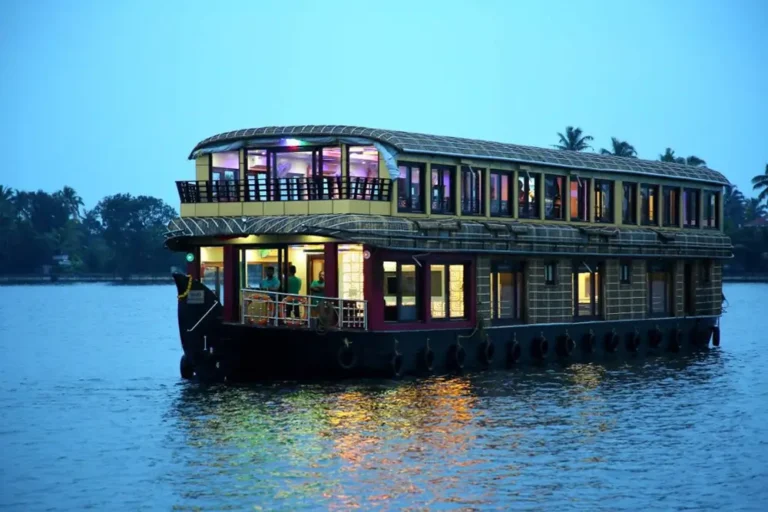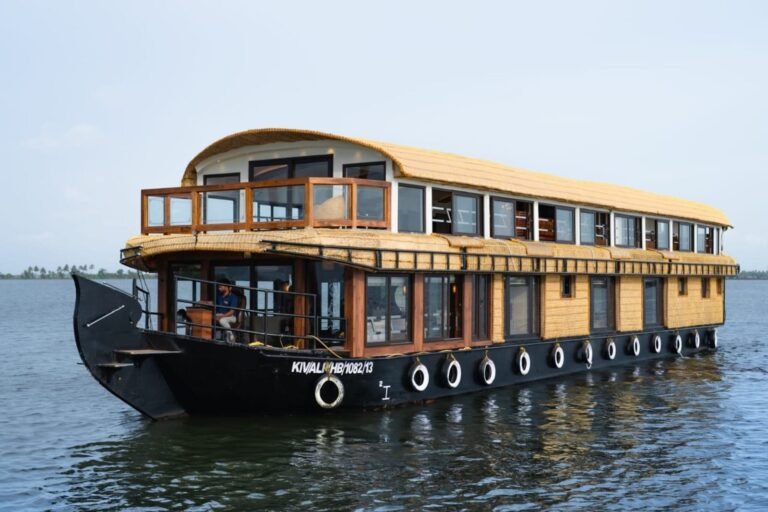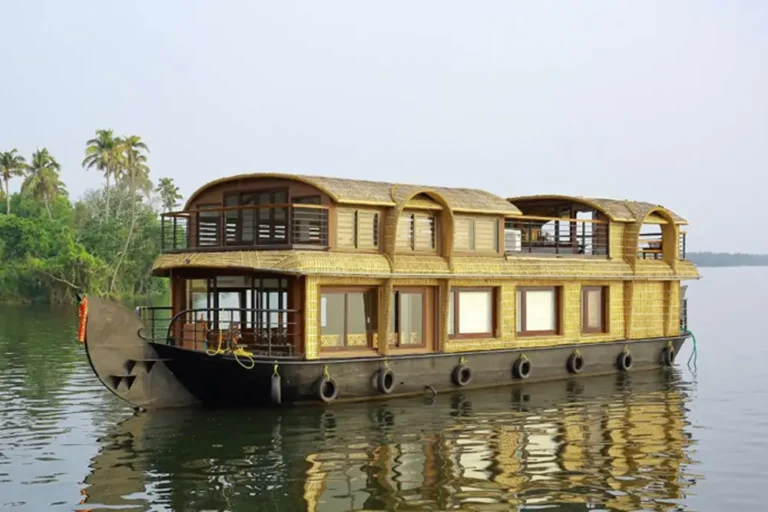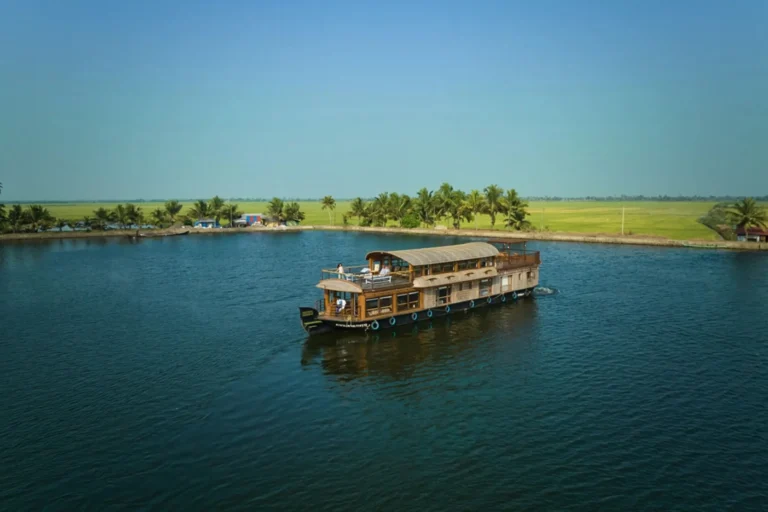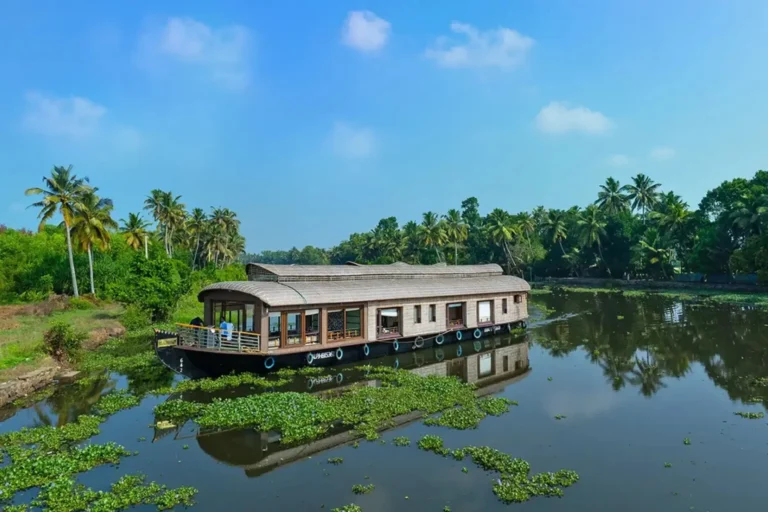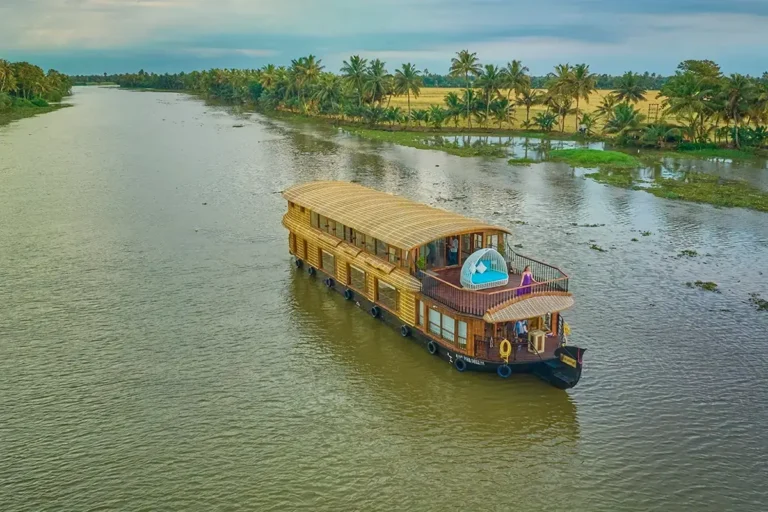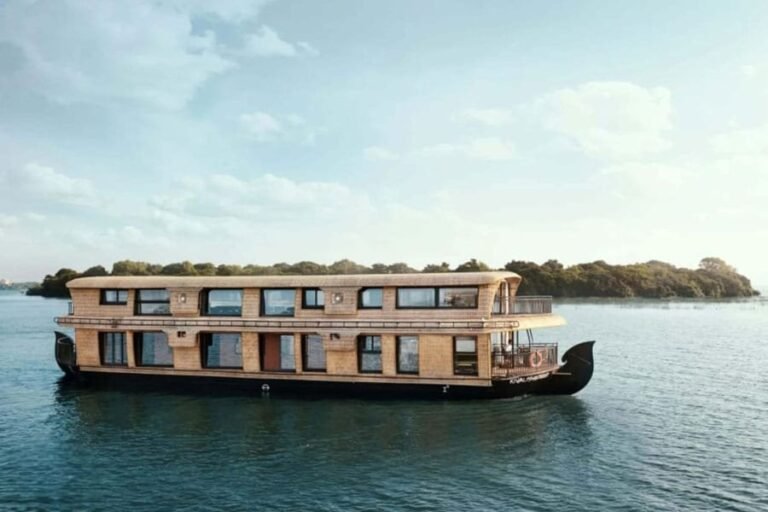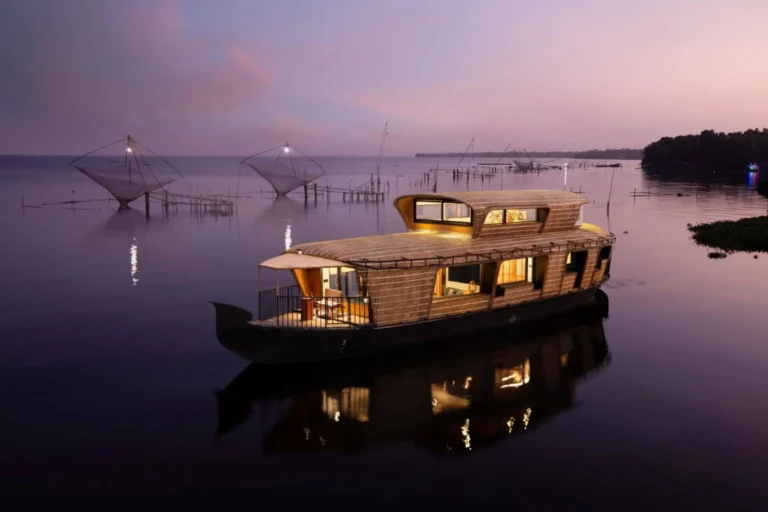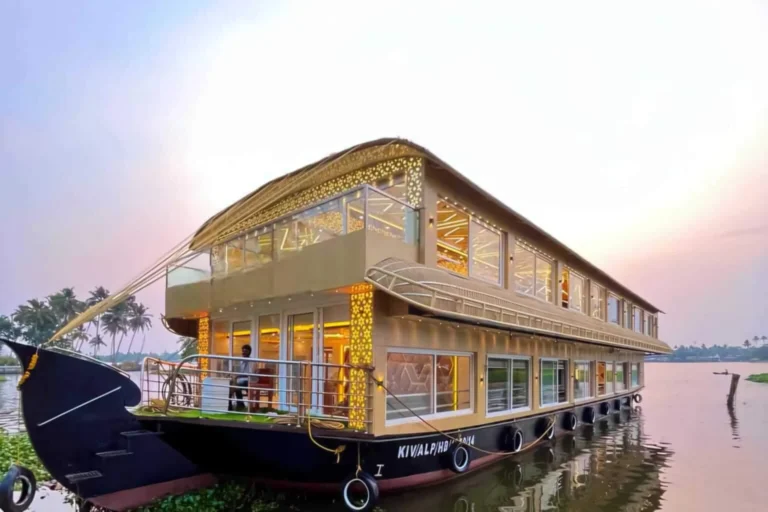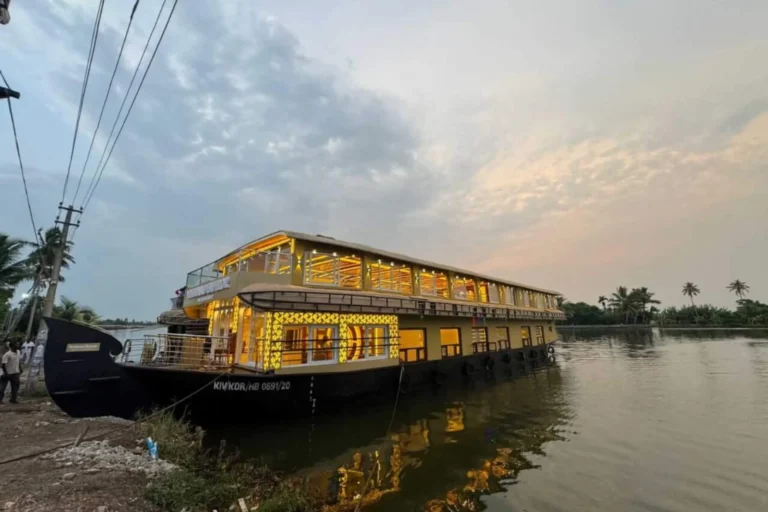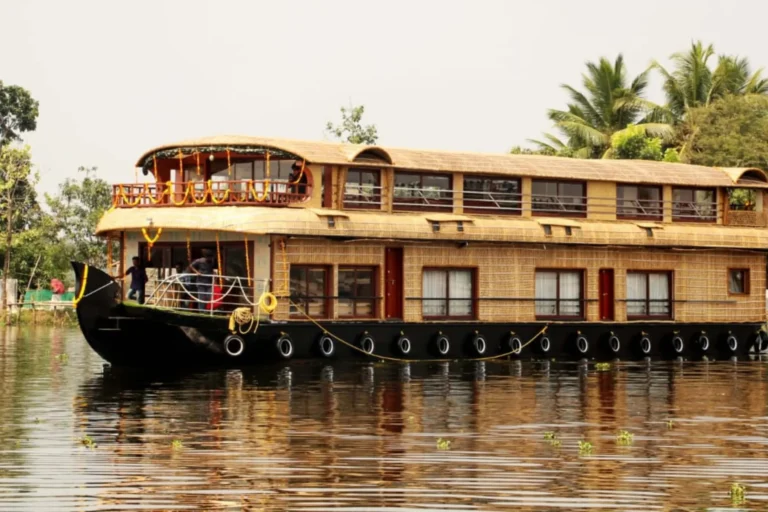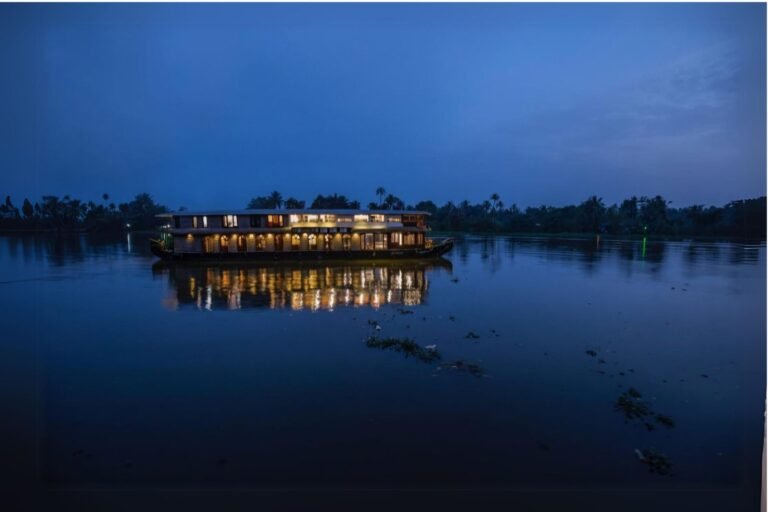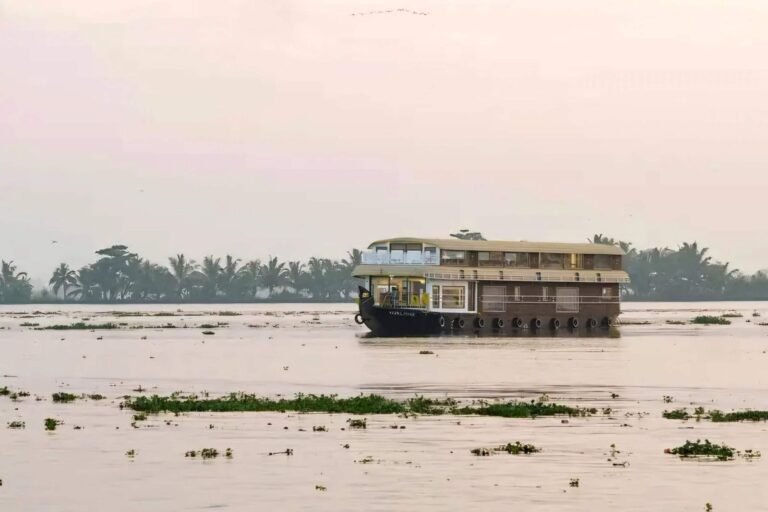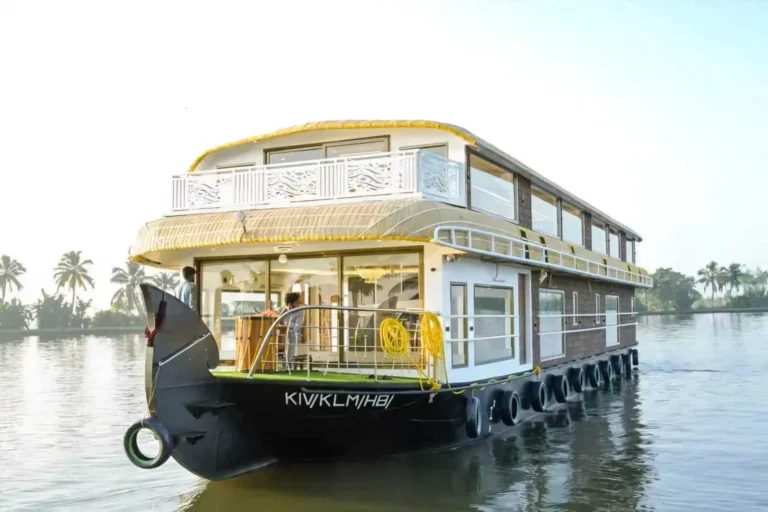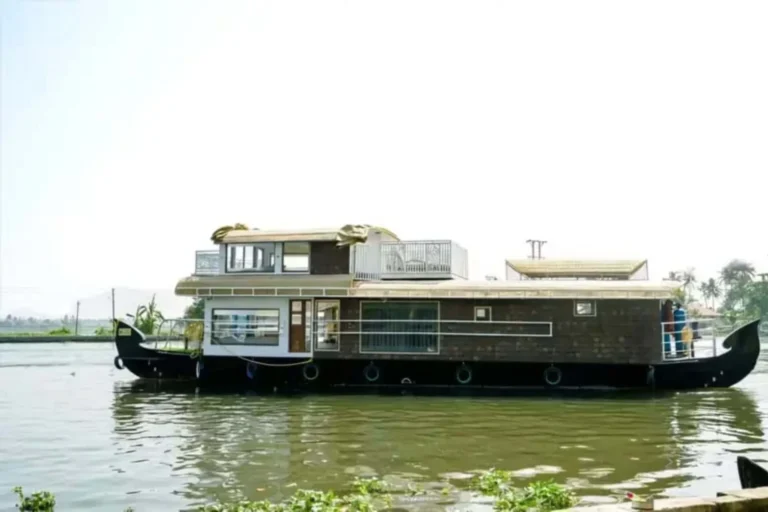Alleppey (also known as Alappuzha) in the state of Kerala, southern India is believe to be one of India’s consistantly wonderful travel destinations and is known as ‘the Venice of the East’. Alleppey is worldwide known for backwaters, houseboats, canals, lagoons and its cultural traditions. This is more than just a promotional name – there is a rich history and way of life which stemmed from the history of life around those waters.
Stepping into an Alleppey houseboat in Kerala means that you are not simply experiencing nature but engaging in an ancient tradition in this region that spans across centuries. In this blog, we will reveal the tale of why Alleppey is called the “Venice of the East,” its rich history, and ultimately, why it is an experience to remember for travelers from all over the globe.
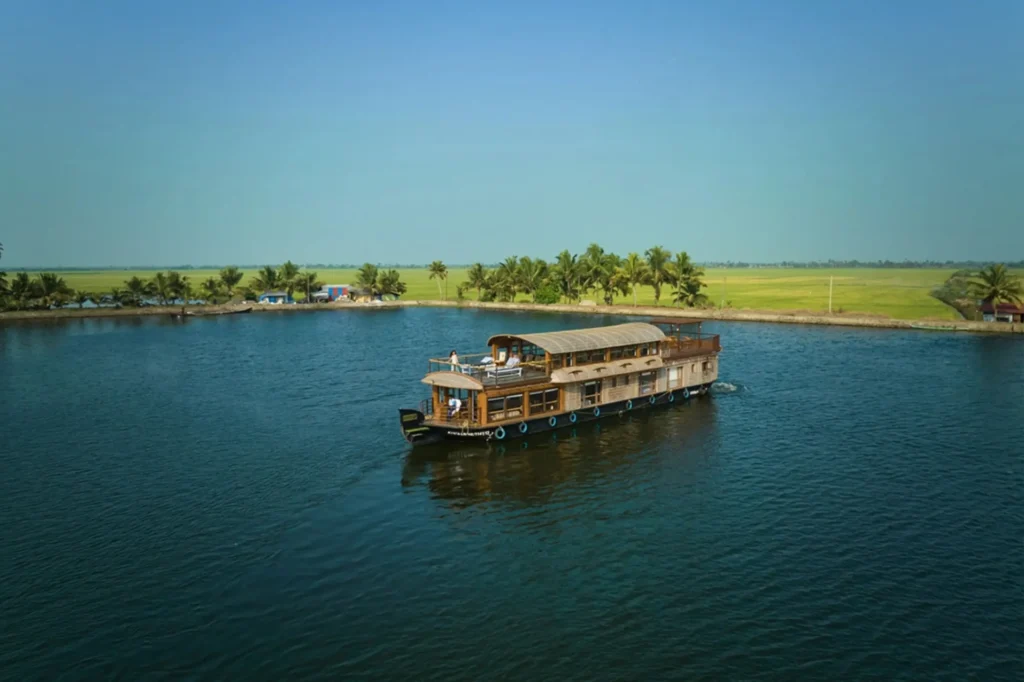
The Reason Behind the Name 'Venice of the East'
The comparison between Venice, Italy and Alleppey, in the Indian state of Kerala, has existed ever since the colonial era. Early traders, explorers, and British officials were so besotted with the network of canals, lakes, rivers and lagoons in Alleppey that they used to call it Venice, or a city where roads become water, and where cars are replaced by boats.
However, there is more than canals that make up the name compared. Alleppey’s backwaters were once the lifeblood of the region (historically) for trade, agriculture, fishing and transportation. These waterways were connected, and were able to move things like spices to markets, rice from the boats to shores or coir products into the Arabian Sea. The water exuded a kind of hustle and bustle that allowed for water to intertwine with life, making it well worth the title, “Venice of the East.”
At the core of Alleppey are the backwaters – an ecosystem of brackish lagoons, rivers and canals parallel to the Arabian sea. The matrix of brackish lagoons, rivers, and interconnected canals is truly the spirit of Alleppey.
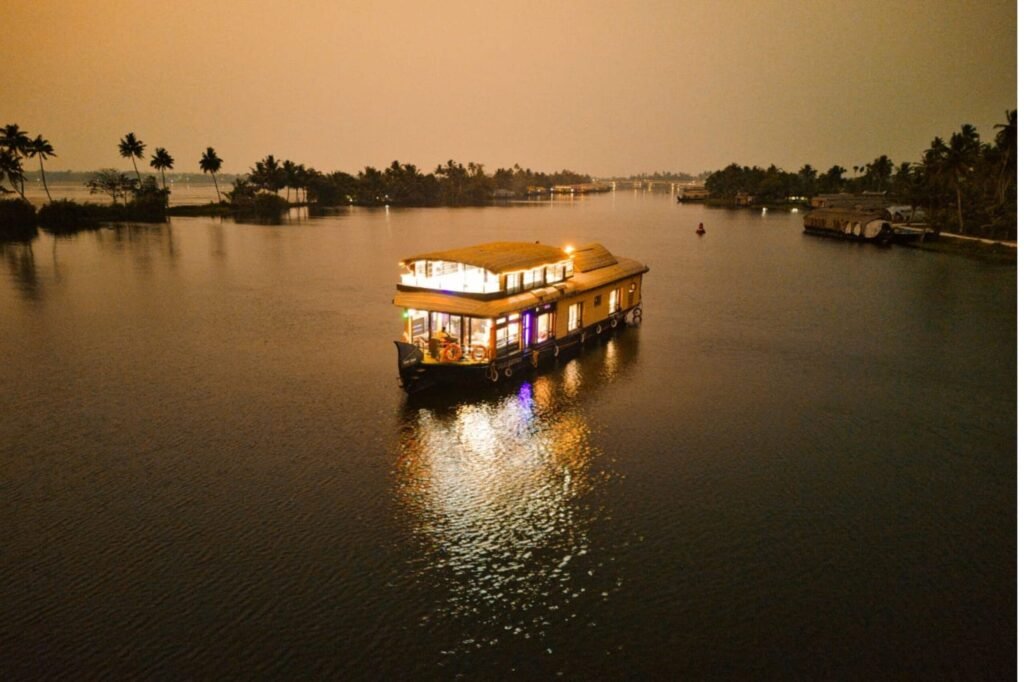
Living on the Backwaters
- Villagers rely on boats for every aspect of life – whether it is going to school, market shopping, or moving coconuts and rice!
- Houseboat Cruising: The famed Kettuvallams (houseboats) used to transport cargo but have now been redesigned as floating luxury cottages. To spend the night on the Alleppean backwaters is to sleep among the culture of Alleppey.
- Scenic Creations: From sunrises and sunsets to the endless coconut groves, the sprawling paddies, and lilies on the smooth lake waters create a postcard moment every minute.
To sit on the deck of a houseboat at sunrise to sunset is described as feeling the romance of a gondola ride in Venice.
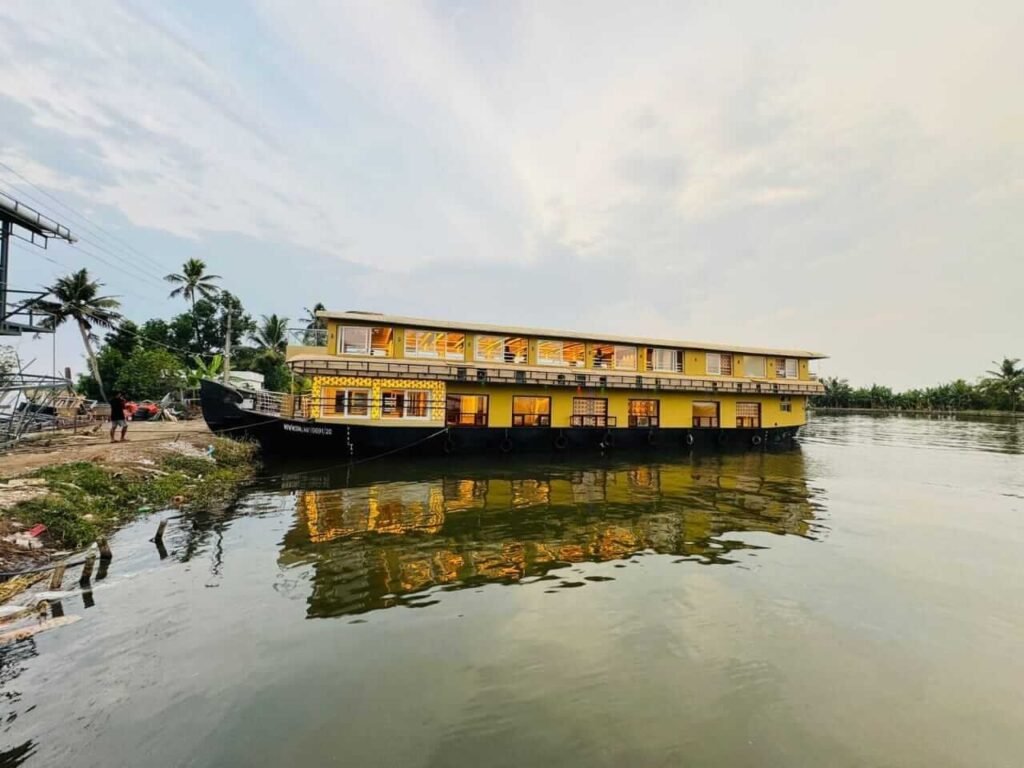
Historical Significance of Alleppey
Alleppey has always been historically significant to the heritage of Kerala:
- Trade Relationship: Dutch, Portuguese, and British used Alleppey as a commercial hub for ocean commerce. Alleppey’s canals were where Coir products with pepper and spices were exported.
- Cultural Exchange: In terms of trade, trading with people from around the world contributed to Alleppey’s tradition, food, and even architecture.
Port Town: By the 18th century, Alleppey was among Kerala’s busiest ports, often called the “Venice of the East,” referring to it’s trade impact where water was the transportation of business and symbolic to a more thriving cultural life.
Festival on the Backwaters
The atmosphere of celebration in Alleppey is not dissimilar to the atmosphere of celebration in Venice.
- Nehru Trophy Snake Boat Race (August): More than 100 oarsmen in each boat racing at Punnamada Lake, while thousands of viewers wait in anticipation for the excitement to unfold before them. The best viewing for Nehru Trophy is by way of houseboat to avoid large crowds.
- Champakulam Moolam Boat Race (June/July): The oldest boat race in Kerala brings together spirituality, tradition, and feasting in the name of festivity.
- Onam Festival (August – September): Kerala’s largest harvest festival takes on an appearance of canals dressed with decor, cultural shows and meals (Onam Sadhya).
- Mullackal Chirappu Festival (December): A festival celebrated for 41 days in Alleppey town with temples that are lit up, rituals, and many festival celebrations occurring in the streets.
These occasions animate the canals, just as Venice also has water parades and gondola festivals.
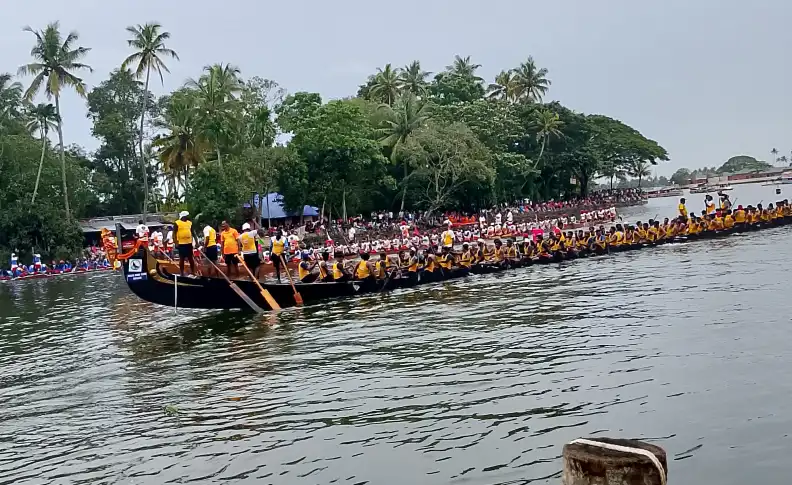
Experiencing Alleppey as a Local
For the traveller, the real beauty in Alleppey is in the local experience.
- Go for an overnight houseboat stay; travel the canals, consume freshly cooked Kerala dishes such as Karimeen fry, Sambar, Aviyal, Payasam and sleep under a galaxy of stars.
- Take time for village walks, and take part in local activities such as coir making, coconut harvesting, and toddy tapping.
- A lot of houseboat operators also include Kathakali dance shows and Mohiniyattam shows as part of the experience.
- The earthy, clean feeling of the mystical, moist monsoon air, lends itself to Ayurvedic massages and retreats in the backwaters.
It is these kinds of experiences that differentiate Alleppey from Venice.
Conclusion
Alleppey has earned the nickname “Venice of the East” not only from its canals, but also from how life, culture, nature, and history are all interlaced with water. The journey from being an historic trading center to a truly unique travel destination is evident everywhere. Tucked within its backwaters, houseboats, and cultural tapestry, Alleppey impresses everyone who frequents its experience.
When you make a reservation for a houseboat in Alleppey you are not only taking a picturesque cruise, but you are tapping into a living tradition that ties generations. Each experience: whether it is the boat races associated with Onam, the devotion associated with Arthunkal Church Festival, or simply watching the extraordinary sun go down over Vembanad Lake, will tell you why Alleppey is justified in its claim as Venice of the East.
Frequently Asked Questions
How many days are enough to explore Alleppey backwaters?
Most travelers find that 1–2 days are enough for a houseboat stay and exploring nearby attractions. However, staying longer allows you to enjoy village walks, Ayurvedic treatments, and more cultural experiences.
Are Alleppey houseboats safe for families and kids?
Yes, houseboats in Alleppey are generally safe and family-friendly. Most operators provide safety equipment, hygienic meals, and comfortable amenities, making it a good choice for couples, families, and even senior travelers.
What other attractions can I visit near Alleppey besides the backwaters?
Apart from houseboat cruises, you can visit Alleppey Beach, Marari Beach, Ambalappuzha Sri Krishna Temple, Pathiramanal Island, and local coir-making villages, which give you a deeper look into Kerala’s culture and lifestyle.
